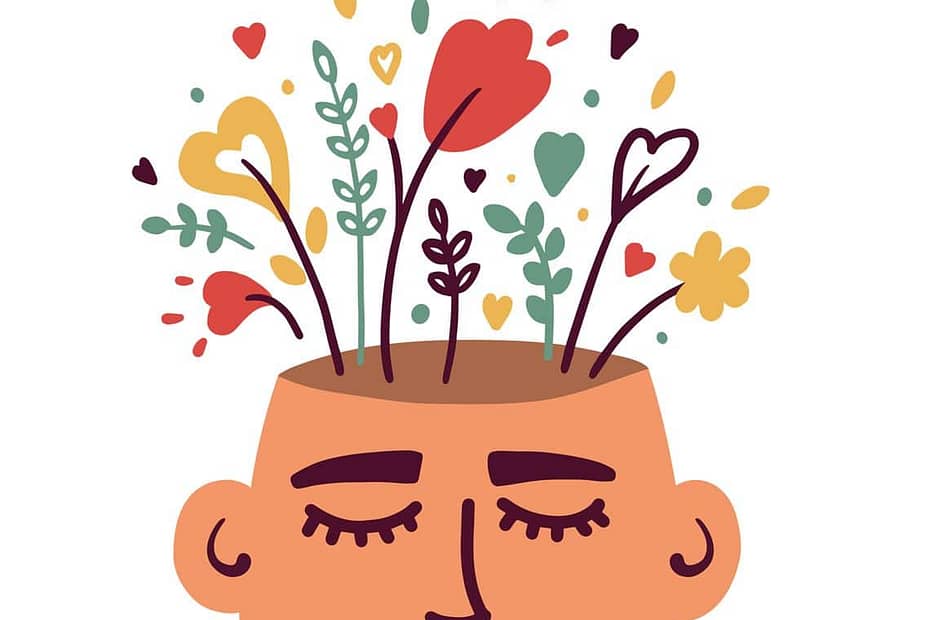In the United States, millions of individuals grapple with mental health conditions annually. According to the National Alliance on Mental Illness, a staggering 18.5 percent of adults, approximately 43.8 million people, experience mental illness each year. The prevalence of mental health challenges is also a growing concern among America’s youth. Despite the availability of effective treatments, many individuals with mental health issues refrain from seeking professional help due to stigma, discrimination, and inadequate resources. You have the power to inspire change, fostering awareness, sharing information, and providing support for mental health issues. Here are seven impactful ways you can contribute to raising mental health awareness.
1. Choose a Career with a Positive Impact: Unleashing the Healing Potential
Embarking on a career in mental health offers a unique opportunity to make a lasting and positive difference in people’s lives. Fields such as counseling, psychology, psychiatry, social work, or nursing provide avenues to offer crucial care to those in need. Beyond the potential for personal growth and fulfillment, a career in mental health allows you to contribute meaningfully to the well-being of individuals facing mental health challenges. Reflect on your career goals, educational requirements, and the specific population you aspire to work with to make a meaningful contribution to mental health.
2. Promote Open Conversations: Breaking the Silence
Initiating open discussions about mental health is a crucial step in breaking the silence that often surrounds these issues. Actively listening to people’s feelings and experiences creates a supportive environment. Regular check-ins, particularly with those under stress or dealing with mental illness, can make a profound impact. By fostering open communication and empathy, you contribute to creating a safe space for individuals to share their struggles and seek support.
3. Combat Stigma and Discrimination: Shaping a New Narrative
Addressing stigma and discrimination is paramount to fostering a productive public dialogue about mental health. It requires a shift in societal perspectives and a commitment to destigmatizing mental health challenges. Advocate for a holistic approach to health, emphasizing the interconnectedness of mental and physical well-being. By changing the narrative and promoting a comprehensive understanding of health, we can contribute to destigmatizing mental health challenges.
4. Educate Children About Mental Health: Planting Seeds of Understanding
Children are naturally curious and may have questions about mental health. Helping them understand that mental illnesses are real and treatable conditions lays the foundation for destigmatization in future generations. Engage in age-appropriate conversations, fostering an environment where children feel comfortable discussing mental health. By sowing the seeds of understanding early on, you contribute to changing the conversation around mental health for future generations.
5. Share Mental Health Screening Sites
Many people are unaware of the existence of mental health screening sites, valuable tools for self-assessment. Utilize your social media platforms to share a comprehensive list of screening sites, offering a tangible first step for individuals to assess their mental health. This not only raises awareness but also provides a potentially life-changing resource for those in need. Your role as an information conduit can empower individuals to take proactive steps towards their mental well-being.
6. Learn the Signs and Symptoms: The Power of Awareness
Educating yourself about the signs and symptoms of various mental health illnesses is a crucial step in fostering awareness. Mental illnesses manifest in diverse ways, making early identification challenging. Increased awareness allows for early identification, reducing the number of individuals who suffer in silence. Understanding how to support a loved one after a diagnosis is equally essential in promoting mental health advocacy.
7. Participate in Local Advocacy Efforts: Amplifying Your Impact
Engage in local advocacy initiatives to support and expand mental health legislation. Your voice matters, and by participating in policy change, you can make a significant impact on the lives of those living with mental health conditions and their supporters. Vote for candidates who prioritize mental health improvement and encourage local government officials to recognize national mental health awareness events. By actively participating in policy change, you contribute to providing better access to mental health care for your community.
Empowering Change, One Action at a Time
Your efforts can make a significant impact on mental health awareness and support across the United States. From choosing a career path with a positive impact to actively participating in advocacy efforts, you have the ability to break down barriers, combat stigma, and improve the well-being of millions of individuals. By being an advocate, raising awareness, and taking action, you contribute to a positive shift in the narrative surrounding mental health. What steps will you take to make a real difference in people’s lives? Remember, change begins with each one of us, and together, we can create a more compassionate and understanding society.
